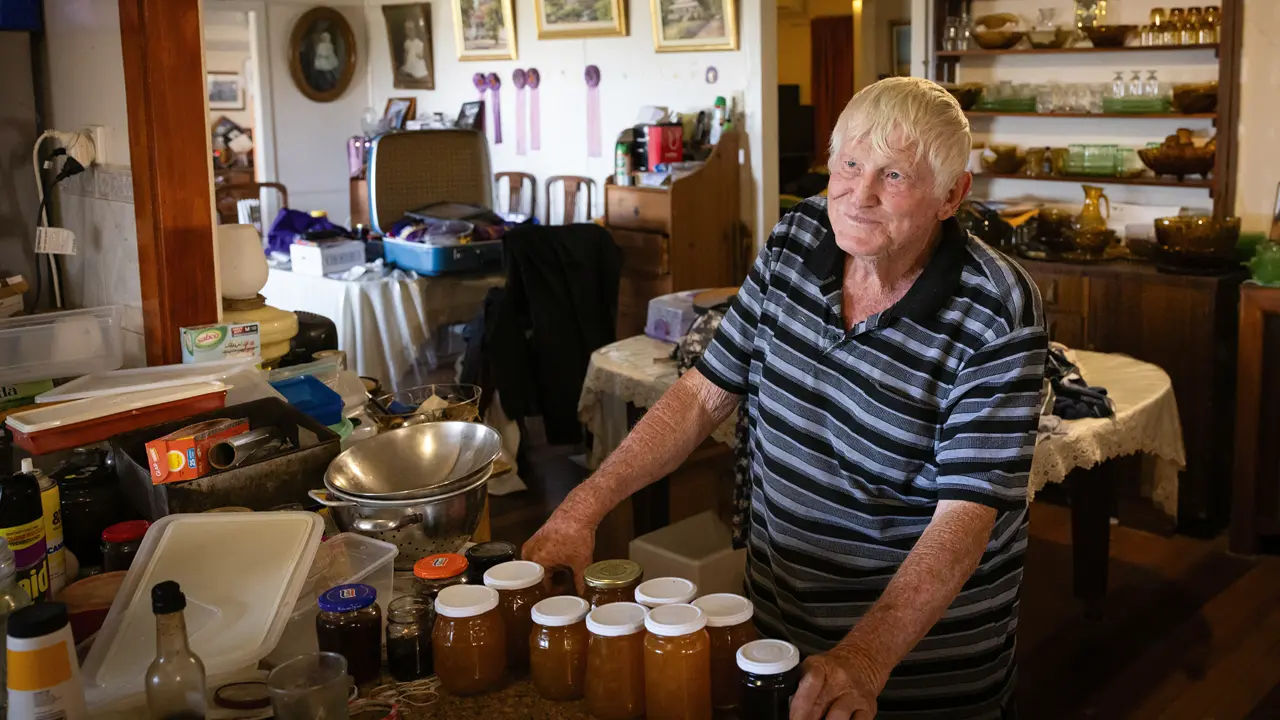Pooncarie was once a vital paddle-steamer port on the Darling River but today a small, hardy band of residents makes a living from tourist dollars and farming.
Story By John Dunn
They call it "the port" but there’s no ocean for hundreds of kilometres and, mostly, very little water of any kind. The great river of days gone by, the Darling, which borders the town, usually carries just a fraction of the flow of years ago and the substantial two-tier wharf that could cater for varying stream levels has long since gone.
However, a port it once was, more than a century ago when stately paddle-steamers took workers and provisions to flourishing sheep stations and, on the return journey, piles of wool bales to markets in the south.
These days Pooncarie is a dot on the map in the far south-west corner of New South Wales, 124 kilometres north-east of Wentworth where the Darling flows into the Murray.
The locals don’t mind admitting that there’s not much in the way of facilities at the port these days, but they do maintain there’s a strong community spirit. There’s a hotel, a post-office agency and, soon, a coffee shop and art gallery will reopen to cater for the growing number of tourists, mainly Victorians and South Australians who cross the Murray at Mildura. As they head north in the winter they take this route because beyond Pooncarie are the Menindee Lakes and the ancient wonders of Mungo National Park and, further on, Broken Hill with its legendary mining history.
Pooncarie can’t compete with attractions like that but this little township – population 48 – had a prominent place in Australia’s early rural days. Settlers started taking up land in this area in the 1840s and a town called Pooncaira – an Aboriginal word meaning ‘large sandhill’ – was established by the river. Its name changed slightly, for no particular reason, over the years.
Burke and Wills camped here on their ill-fated transcontinental trek in 1860 and the town has preserved the connection by naming its streets after them and the members of their party. However, it was wool that made Pooncarie with some great sheep properties established nearby including “Polia”, “Cuthero”, “Tarcoola”, “Moorara”, “Tolarno” and “Para”.
Pooncarie was the principal port for a huge grazing area that started in Wentworth and extended all the way to Wilcannia more than 500km to the north-east. When bullock and horse teams had great difficulty hauling their loads because of the boggy clay flats and the almost impassable sandhills, station owners turned their attention to the river.
This story excerpt is from Issue #85
Outback Magazine: Oct/Nov 2012









